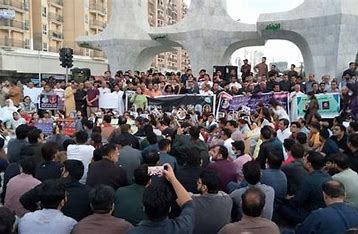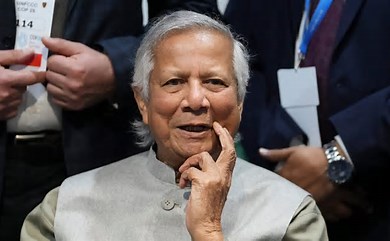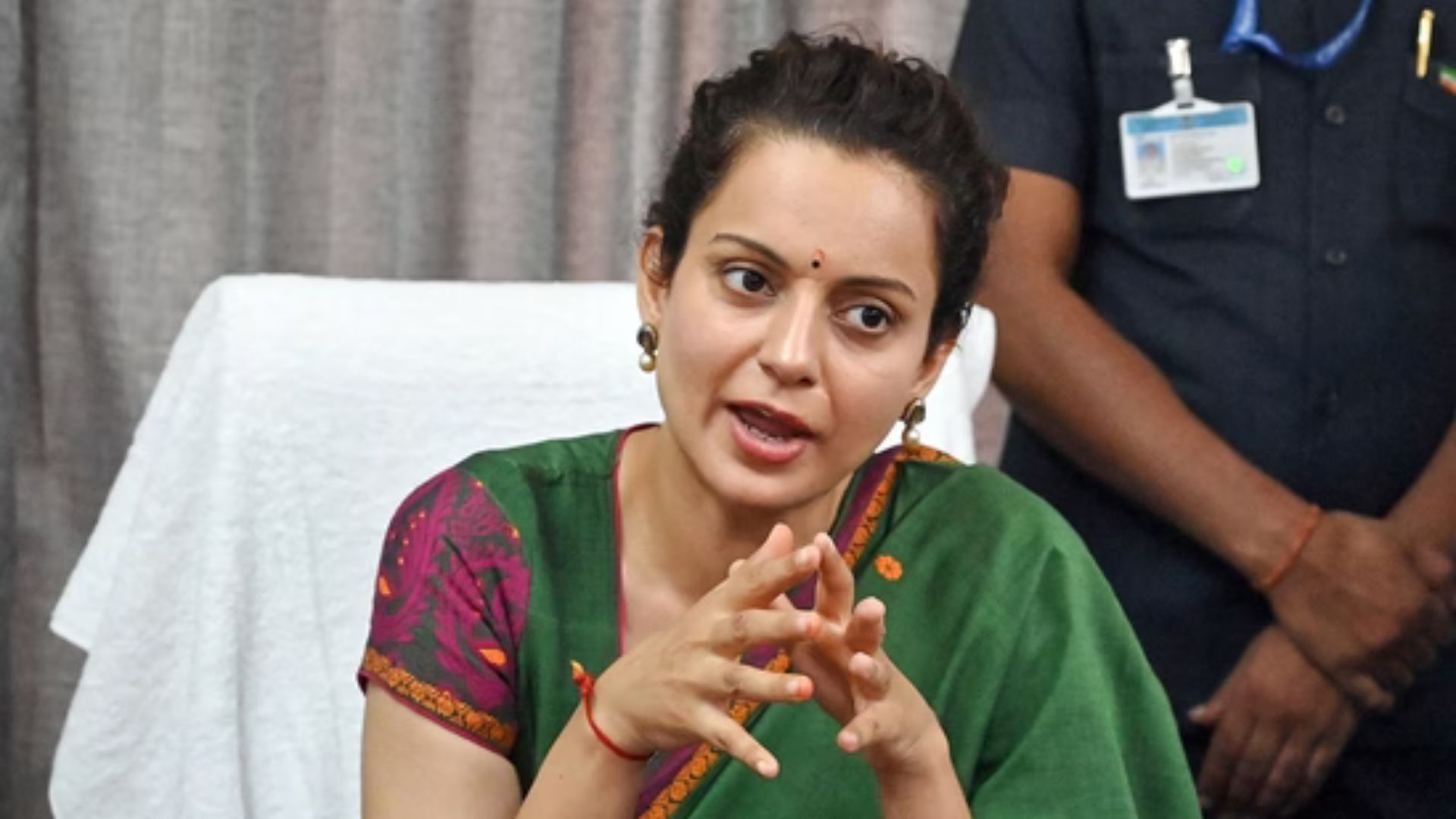The Delhi High Court in the case Ashwini Kumar Upadhyay v. Union of India & Ors observed wherein a public interest litigation has been filed by Advocate and BJP leader Ashwini Kumar Upadhyay before Delhi High Court for compulsory voting in the Parliament and State Assembly elections for increase in the voter turnout and for the political participation.
Advocate and BJP leader Ashwini Kumar Upadhyay prayed before the court that the Law Commission of India be asked to examine various Supreme Court rulings on the right to vote and for preparing a report on compulsory voting within three months.
It has also been stated in the petition that the compulsory voting can help in increasing the voter turnout, particularly among marginalised communities and the same will also ensure that “every citizen has a voice and the government is representative of the wishes of the people.
However, the petition filed placed reliance on the system for compulsory voting being adopted by other countries such as Australia, Belgium, and Brazil. It has also been claimed that these countries have seen significant increases in voter turnout and for the improvements in the quality of democracy.
The petition stated that Low voter turnout is a persistent problem in India, wherein compulsory voting can help to increase voter turnout, particularly •among marginalized communities. It has also been ensured by the court that the government is representative of the people’s wishes. When the voter turnout being high, the government is more accountable to the people and is more likely to act in their best interests.
Therefore, the respondents in the PIL are union ministries of Home Affairs, Finance, and the Law & Justice. In the said case, the Election Commission of India and Law Commission of India are also being the parties.















